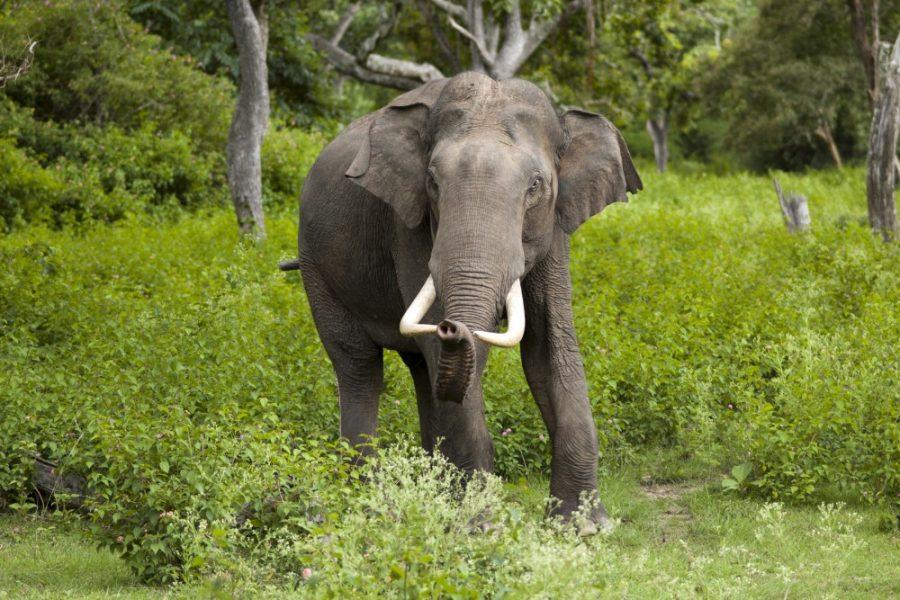In case you were busy stressing over midterms, here are some of the last few days’ top science stories that you may have missed.
Elephants go on record for shortest sleep time
Elephants have broken a record in the animal kingdom. New tracking suggests that the big mammals survive on as little as two hours of sleep a night, an all-new low. Like horses, most of this sleep occurs while standing up, only lying down every few days.
Researchers from Johannesburg, South Africa’s University of the Witwatersrand, led by Anatomical Sciences research professor Paul Manger, put small trackers into the trunks of two female African elephants. The trunk of an elephant operates like a human hand, allowing the animal to explore its environment and obtain food, so inactivity for a certain period of time would indicate that the elephants were sleeping.
What they found surprised many researchers. Unlike captive elephants, from whom most of the data up until now had been gathered, wild elephants sleep for two hours a night and are capable of skipping a full night of sleep without incurring a sleep deficit.
This is particularly remarkable due to the long-held connection between sleep and memory; elephants are known for their excellent memory but may not need as much sleep to consolidate those memories as previously thought.
Manger and his team’s data suggest large differences between captive and wild animals and survival needs for large and small animals in the wild. However, the data pool for this particular study is small, and researchers are currently looking for ways to expand it.
RELATED: University research team identifies the impacts of forest death on other continents
Species extinction may have different effect on ecosystem than previously thought
New research from the University of Southampton in the United Kingdom suggests that when a species goes extinct, its role in the environment may not vanish as previously thought.

The researchers used simulations based on observations of interactions of invertebrates found in marine seabeds. Some of the species were more vulnerable to extinction, and the team used their simulations to explore what would occur if those species, such as clams or worms, were to go extinct.
Their results suggest that other species in the ecosystem would adapt and alter their behavior in order to fill the now vacant niche. The effects of such a change are unpredictable; the study found that the adaptation of behavior could have positive or negative effects on the ecosystem and changed depending on the extinction scenario simulated.
The team plans to use their findings to improve models that predict environmental change and the effect that species have on their ecosystem.
RELATED: UA startup receives funding for computer data error correction
Computer vs. expert poker players
Computing scientists at the University of Alberta in Canada have created an artificial intelligence called DeepStack that can play poker on par with professional players.
The study was recently published, despite the experiment taking place in December 2016.
DeepStack plays using “intuition” and learns from each decision it makes in order to improve on its next move. It works at human speed and creates its own strategy. Thirty-three professional players from around the world were recruited to test the system, and DeepStack beat all 11 players who finished their game.
The AI system is particularly remarkable due to the relative complexity of poker, which has always been a challenge for artificial intelligence to play. The game is based around “imperfect information,” meaning that none of the players have the same knowledge or perspective, something radically different from the more traditional games AI programs have famously played before, such as chess.
This isn’t the first time that the University of Alberta has been involved in a major landmark in artificial intelligence research; they were also responsible for developing Polaris, a first attempt at AI that could play poker.
An AI system that can make decisions in this manner has real-world implications, particularly in the medical field, as the researchers hope to see in the future.
Follow Nicole Morin on Twitter.









